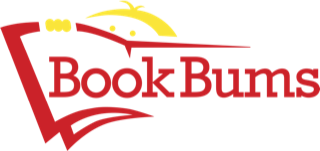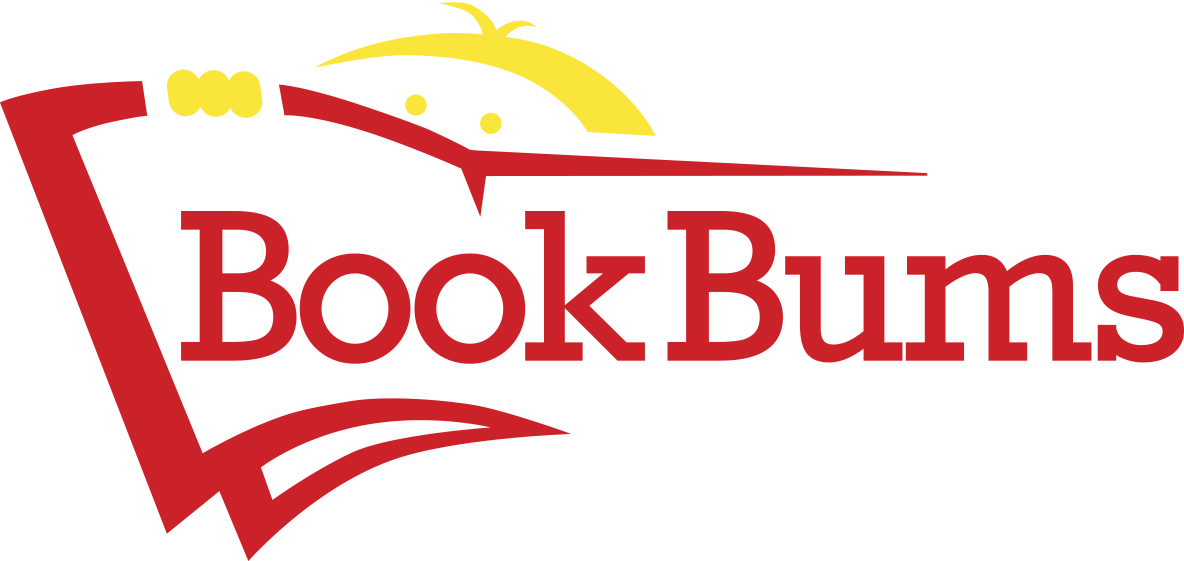
Hello Book Bums families!
We hope your new year is off to a healthy, happy start. As you get back into the routines of school we are here with book recommendations to motivate you, important information about dyslexia and reading intervention, and word fun of all kinds. Enjoy!

Bookbums.com is an Amazon Associate; We earn from qualifying purchases. This means that if you click on a link to Amazon.com and make a purchase, We may earn a small commission at no extra cost to you. We do recommend the products. Feel free to find them by other means.
Word of the Week
innovate (in-oh-vayt) verb/action word - to make changes or do something in a new way
Many people look to innovate at the start of a new year, changing their habits around screen time, sleep, exercise, and more.
Literary Calendar
- January 1 was Public Domain Day in the United States.
- This day has to do with copyright laws. Seventy years after the death of the last known author or creator, things enter the public domain.
- On 1/1/24 Winnie the Pooh and Steamboat Willie entered the public domain.
From our Bookshelves
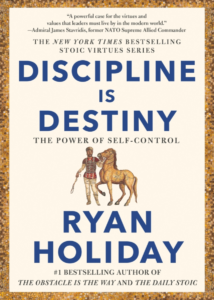
Discipline is Destiny: The Power of Self-Control by Ryan Holiday is a great book for launching a productive new year. As we traveled home from NYC, my husband and I listened to this book on Audible. He drove, I took notes, and we were both inspired to commit to improved self-discipline in a few areas of our lives.
Truthfully, it’s likely there’s not much here you don’t already know, but Holiday adds inspiration and interest by referencing historical figures as he presents the facts. In this way, readers come away with fascinating tidbits along with the motivation to 1) show up and take charge of our bodies, 2) practice restraint and make wise choices, and 3) show kindness and compassion to ourselves and to others.
Discipline is Destiny just might be what you need to begin a healthy and productive 2024!
Tips for Raising Readers and Writers

When parents bring their kids to Book Bums for our free assessment, many of them ask if I suspect their child has dyslexia. Perhaps their kids are reversing letters and numbers or they’re simply struggling to learn to read in class. I thought I’d share, here, some information that might be helpful if you or someone you know is concerned about the possibility of a child having dyslexia.
Note the following issues that may indicate dyslexia:
- Delayed language development (many mispronounced words, limited number of words used, scrambled syllables, etc.)
- Problems processing language (struggle naming objects and colors, identifying numbers and letters, singing familiar song lyrics, etc.)
- Difficulty following directions (forgets part of instructions, needs frequent reminders, etc.)
- Trouble hearing sounds and reproducing sound patterns in words (struggles with identifying and producing rhyming words, difficulty identifying words beginning and ending with the same sounds, etc.)
- NOTE: Letter and number reversals are not indicative of dyslexia.
Of course, most kids have a few mispronounced words, and all kids forget things from time to time, so don’t panic if you see some of these things .
Below, find the “prescription” for kids with dyslexia, according to Mayo Clinic.
Treatment focuses on helping your child:
- Learn to recognize and use the smallest sounds that make up words (phonemes).
- Understand that letters and strings of letters represent these sounds and words (phonics).
- Understand what he or she is reading (comprehension).
- Read aloud to build reading accuracy, speed, and expression (fluency). *Initially, we are decoding at the word level, and there is no push for fluent reading beyond the fluent sliding together of sounds so that comprehension is secure.
- Build a vocabulary of recognized and understood words. *This is not with whole-word memorization, but the orthographic mapping that results from instruction promoting decoding skills.
You should know that the instruction we offer at Book Bums is (and has been for fifteen years now) exactly what is listed above. You see, this instruction is extraordinarily beneficial for all children, but dyslexic kids must have this instruction to move forward.
Most kids with dyslexia can learn to read and spell well with the only lingering ramification of having a slightly slower reading rate—and even that’s rare. It can take up to three years to get kids with severe dyslexia on track, but they can learn to read and spell well. Of the thousands of kids we’ve served at Book Bums, only a handful have had dyslexia to such a degree that literacy acquisition required more than one year of one on one instruction.
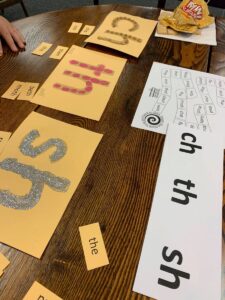
If you’re concerned about a young reader, please email [email protected] today. She’ll get a free assessment scheduled with Dr. Christy as quickly as possible. Remember, when it comes to reading intervention, early intervention is always best. Don’t delay. We are here to help.
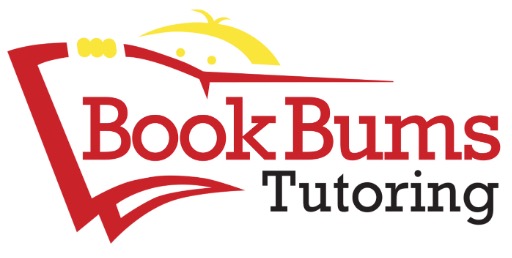
Tips for Families
If you’re longing for some more relaxed family fun that your elementary-aged kids can enjoy right along with the adults, I’ve got a great game for you to try!
I saw a pack of dice at the dollar store, and it inspired me to create a simple but fun gift for some cool kids in my family. I typed up the rules for the Dice Game, printed them, and attached a pack of dice.
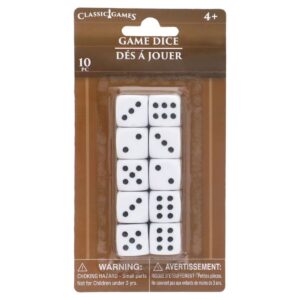
Initially, the Dice Game can feel a bit overwhelming, but if you give it a shot, you’ll be glad you did! I believe there’s a game called Farkle that’s very similar.
When I was a second-grade teacher, I taught my students to play the Dice Game because it’s fun and it absolutely reinforces math skills—especially mental math. I used classroom time to teach the game and we spent some time each day, for about a week, playing. It wasn’t long before my students were playing during indoor recess time. That’s a big win!
Wordology Workshop
- The Latin root nov means new.
- You can find it in words like novice, novelty, renovation, and our Word of the Week, innovate.
- A long work of prose fiction got it's name, novel, because it was a new form, different from plays, epic poetry, and shorter stories.
- Nov also appears in place names like Nova Scotia which means New Scotland.
Practical Grammar
either/or and neither/nor
We use either/or to affirm each of two possibilities, and we use neither/nor to negate them.
“There is nothing either good or bad, but thinking makes it so.”—William Shakespeare, Hamlet
“Here was neither peace, nor rest, nor a moment’s safety. All was confusion and action, and every moment life and limb were in peril.” —Jack London, Call of the Wild
Just for Fun

Have you heard the term “Google Effect”? It’s also known as digital amnesia. Here’s the deal: It has been found that we are unlikely to remember information we look up using search engines. It seems that when we believe we can easily find the answer again with a quick search, our brains aren’t inclined to value the information. In essence, the harder we work to learn something, the more readily we’ll recall what we learned.
If you know someone who would benefit from our newsletter or tutoring at Book Bums, please share this email with them! Thank you.
Copyright © 2024 Book Bums, All rights reserved
Our mailing address is:
7967 Cincinnati-Dayton Road Suite L
West Chester, OH 45069
